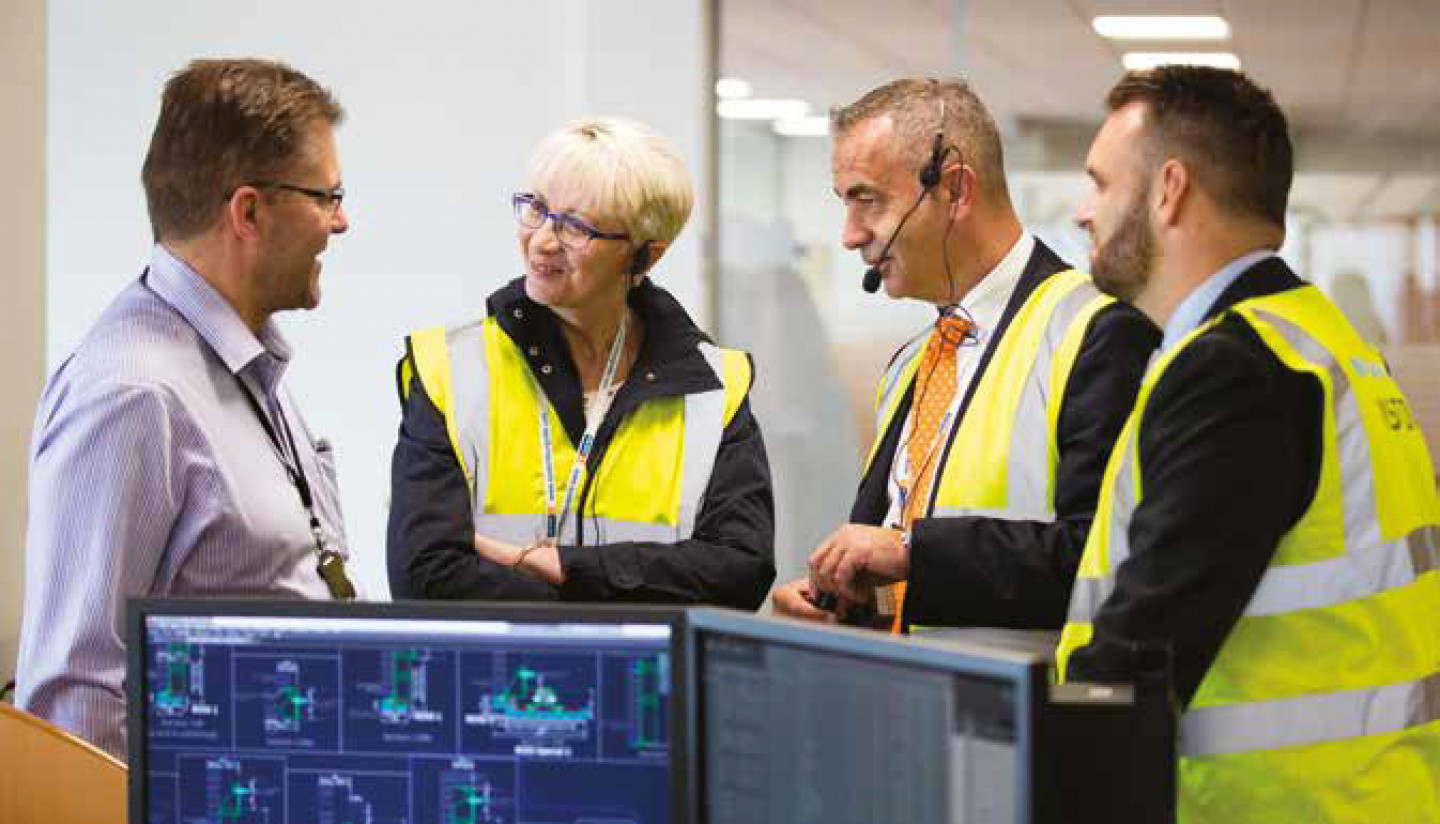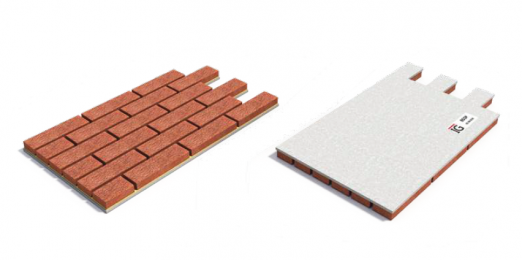Third Party Certification for structural products has never been more important. Claire Curtis-Thomas, Chief Executive of the BBA explains the extensive testing process BBA Approved products go through to ensure customers can buy with confidence.
In recent years the choice of building products in every sector has mushroomed as alternatives, including low cost Chinese look-alikes, have flooded onto the market, creating more choice but leaving buyers with very little security with regards to performance.
This scenario led many reputable manufacturers to seek third party certification and in the UK that inevitably means achieving the coveted BBA mark. To understand more about the value of certification, we invited Claire Curtis-Thomas, CEO of the BBA to introduce it in more detail and outline the challenges which lie ahead.
How did the BBA originate?
The Agrément Board was formed as a government department in 1966 following a period when local authority purchasing was deemed to be failing to select products of appropriate quality. BBA was set up to assess the performance of these products and local authorities were then limited to only buying products that had been assessed. A big change came in the 80’s when BBA started working for private companies. So now the BBA is supplying a range of services and has the formidable challenge in terms of communicating with multiple communities, helping them understand the value that certification brings.
Today almost 200 people work within the BBA; including engineers, scientists and technicians. There is not a specialism that we don’t cover. We have the privilege to work with companies like Keystone, who are enormously innovative and saying to them “right, how do we help you to get your innovative products onto the market, to give them the credibility they deserve from an impartial authority like the BBA.”Claire Curtis-Thomas from the BBA visits IG Lintels
Do you test everything in-house?
We carry out hundreds of tests at our extensive onsite facility, however, there may be some tests that we can’t carry out, in which case we sub-contract those and of course, advise our clients. For example, we don’t do any fire testing in-house, but fortunately the BRE fire test house is based between two of our testing properties, so everything can be handled very efficiently. We have very good relationships with all the fire facilities and we use their expertise to augment our own and they do the same.
We are now regarded as global experts in many of the areas that we cover. Our staff sit on British Standard Committees and also European Standard Committees. We are part of a global network of companies enabling us to undertake global projects together. At the moment we’re working on magnesium oxide boards. Obviously, we’ve been working recently on external wall insulation as its performance is an issue with global impact. If problems are identified then we will get together and decide what needs to be done, and then seek to influence the development of legislation in different countries to ensure that we’ve got a comparable global standard.
Is a BBA certification only recognised in the UK?
No. BBA certification is recognised globally. So, in addition to Europe, we have huge market profiles in the Middle East. We’re also known in many Commonwealth countries. British certification is still highly valued, particularly in countries in which Britain had previous involvement.
Qatar would be an example in the Middle East where the BBA were specified in government contracts for the 2020 World Cup stadiums. They wanted BBA certification and expressed their trust in the certification process which gives them confidence when purchasing the BBA certified products for this massive scheme. I’m off to the Middle East before the end of the year, and will be visiting some of the buildings where BBA products have been used, so I’m really looking forward to that. I get an enormous sense of pride when I see products that have been assessed by us and then used in beautiful buildings where they are doing the jobs that we said they could do.
What does third party certification mean?
Third party certification is absolutely vital because if it wasn’t there then people would be left to effectively declare their own performances, and in the world that we live in today that is simply not good enough. It’s about having an organisation that can lead the way in terms of expertise; standing up and proclaiming the qualities of that product on behalf of that company and doing so unequivocally.
Who are you engaging within the construction market?
We are talking to government departments every week; we’re talking to local authorities, housing associations, insurance companies, lenders, everybody and anybody who is connected to construction. They’re talking to us because they want impartial and independent advice on product procurement, and about the emerging landscape in construction. They may also want to know that if they’re going to invest in new construction technologies that they are right to have confidence in those technologies.
What value does third party certification bring manufacturing businesses?
What it means for you as a business is that you don’t have to defend your product or seek to persuade people about the adequacy of its performance, because what you can say to them is “we have a BBA certification for this product”, and you’ve achieved your objective of credibility. BBA certification conveys a message about the quality, performance and durability of the product and about where your product stands relative to loads of other products. Without this third party certification you can still go to market and claim “we’re better than the competition” but, of course, the first thing the buyers will say is “prove it”.
What do customers gain when they buy a BBA certified product?
Customers can buy with confidence, so they know what they’re getting. If I look at the Keystone literature, it’s about endorsements from your customers, and they are choosing to buy your products because they are quality, outstandingly good products and fit for purpose, but they are also products backed by third party certification, so customers can trust them.
What is next for the BBA?
We have certified five and a half thousand products, so our products are everywhere. Currently our certifications are reviewed every 3 years maximum and we want our certificates to be up-to-date with current regulations on the very day you look at them. To meet this challenge we need to reconfigure how we hold and manage data, so we can connect with government departments, enabling any changes in the rules and regulations to be fed straight into our certification.
We are working on a system which will automatically flag up when something is out of date, so we can immediately advise our clients to make sure that that product is brought back up to spec and complies with all the current regulations. We want to connect our databases to global databases. We want to be able to extend the advice to architects and specifiers so that we’re offering not just information about a product but we’re looking at how that product actually works with other products.
Architects are now looking for more comprehensive solutions, where they can be informed about all the other products that are needed for a building detail and have confidence that all the parts involved are equally well certificated. Specifiers and architects are also telling us they would like our certifications to include installation specifications for the products. So this is a great challenge but because we are a non-profit distributing company we reinvest all our profits into R&D activities, so this is a big research and development project for us and it’s one we’re going to be working on over the next 3 years.

